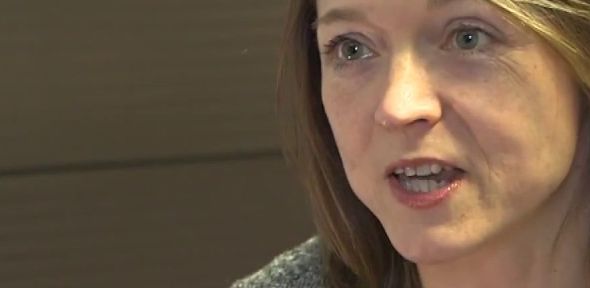
Slavonic Studies presents a seminar on 'An Evolution of Joseph Brodsky’s Collaborative (Self)Translation: from remote control via combative collaboration towards self-translation and creative writing' with Natasha Rulyova. On 23 February 2021 at 17:30 (GMT) join this free online event. Register via the link below:
Zoom Link: https://trin-cam-ac-uk.zoom.us/meeting/register/tJEvfumgrzksEteUF919oz3BbO91iMnxBW_Z (After registering, you will receive a confirmation email containing information about joining the meeting).
In this paper, which draws on Natasha Rulyova’s book Joseph Brodsky and Collaborative Self-Translation (Bloomsbury Academic: 2020), she discusses the evolution of the Nobel Prize winning Russian-American poet’s bilingual writing. Her approach to the analysis of Brodsky's work is underpinned by 'social turn' in translation studies, which means that she is interested in the process of translation, agents and their networks. To study the role played by Brodsky’s collaborators, Rulyova drew on a large amount of the previously unpublished archival materials, which are held in the Brodsky Archive of Beinecke Library, Yale University, USA.
About Natasha Rulyova
Natasha's research interests spread across the areas of translation studies, post-Soviet media culture and genre studies. Her recent scholarly work has focused on developing a theory of collaborative self-translation drawing on the bilingual work of the Russian-American poet Joseph Brodsky (see her monograph publication Joseph Brodsky and Collaborative Translation) Currently, Natasha continues to study self-translation and collaborative translation practices drawing on the work by contemporary bilingual writers and journalists.


